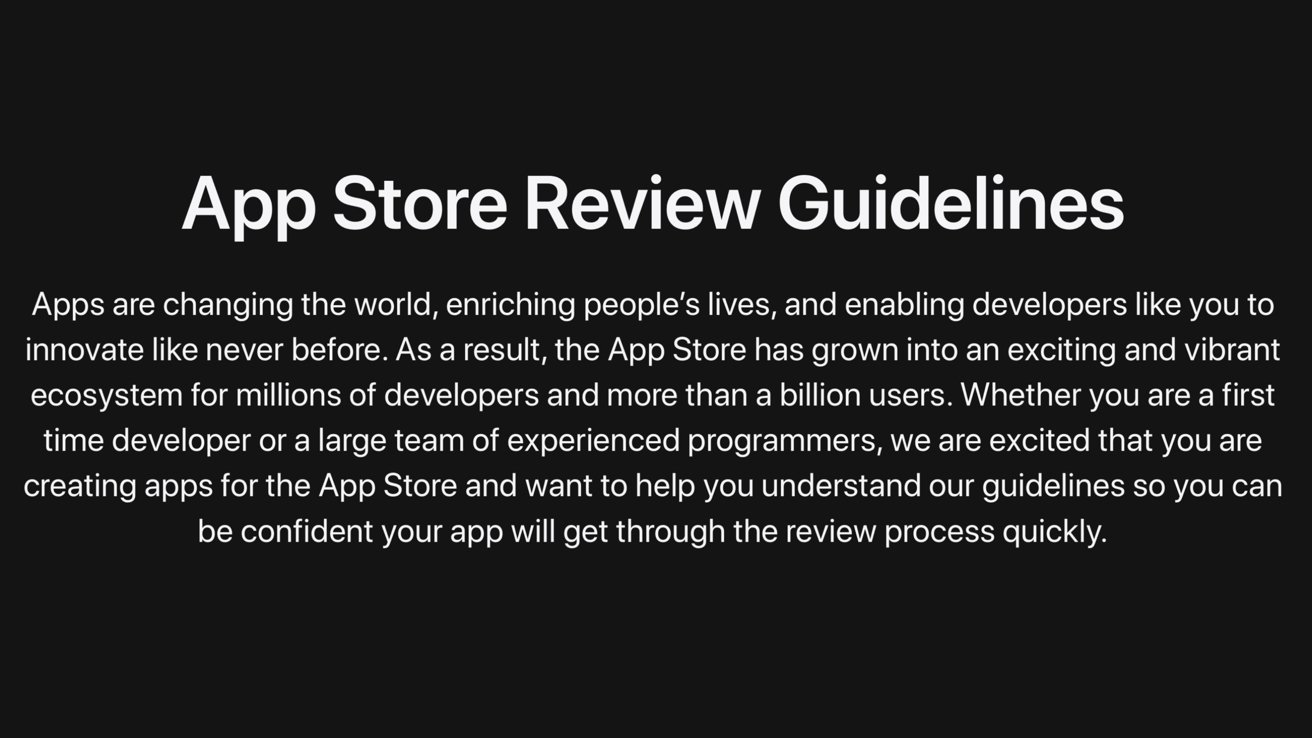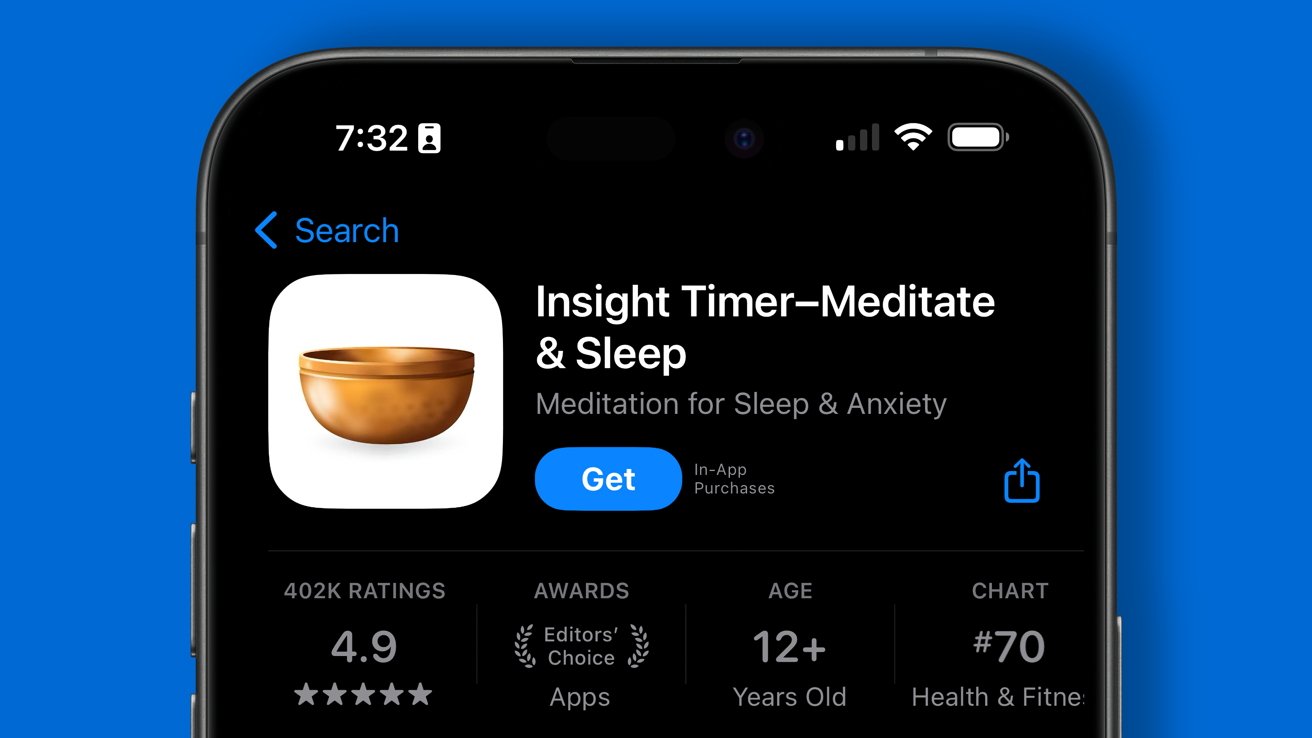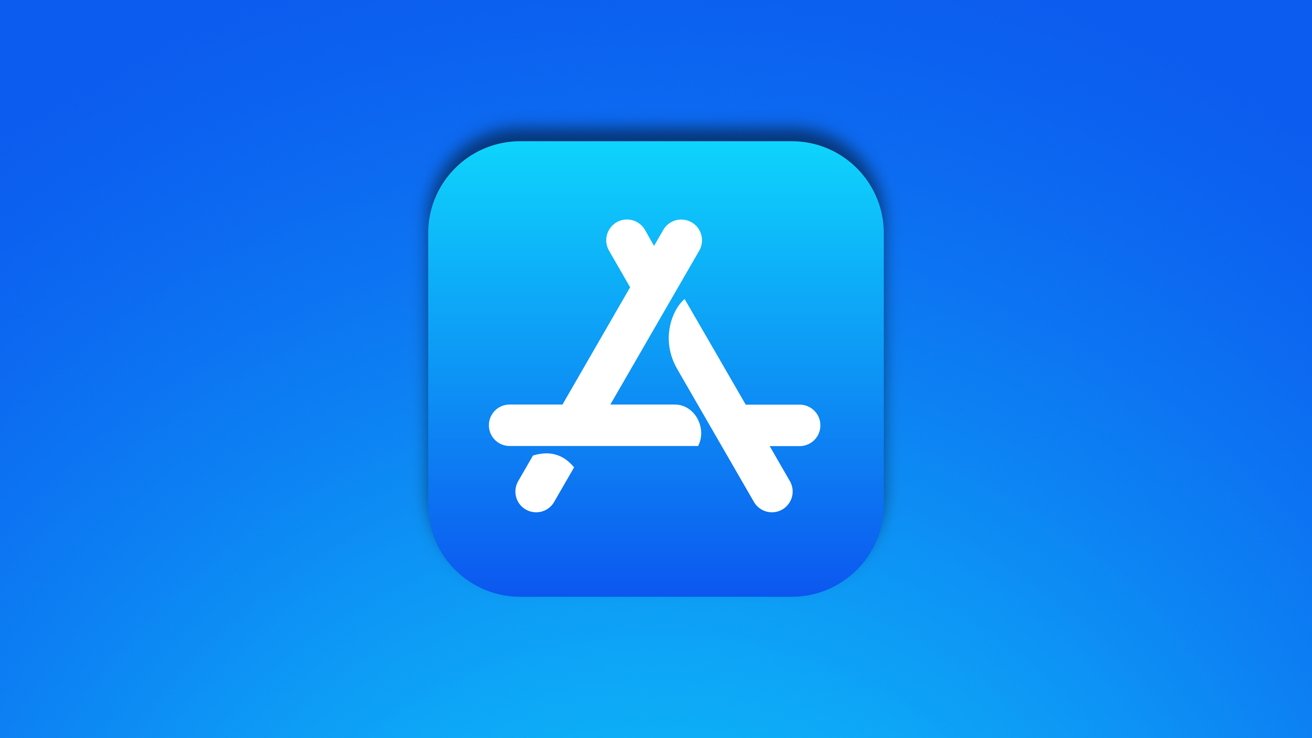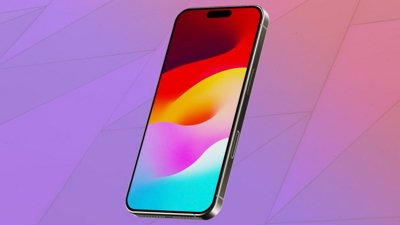Insight Timer is a popular meditation app that allows students to tip teachers directly, but an App Review mistake that took over a year to catch has forced the developer to adopt in-app purchases and pay Apple's 30% commission.
Apple's in-house app approval system, App Review, has proven unreliable time and time again. Despite that, it is Apple's go-to defense when it claims that the App Store is safer and better without external app marketplaces.
According to a story from TechCrunch and information from a LinkedIn post from the Insight Timer CEO Christopher Plowman, App Review is at it again. After an app update in 2022 added in-app tips to Insight Timer, was approved by App Review, and then approved for 47 additional updates across 12 months, App Review suddenly rejected the app.
The situation is complex, but it appears that Insight Timer mistakenly classified the in-app tips as peer-to-peer payments under Apple's guidelines. That passed muster for App Review at the time despite being technically incorrect.
App Review caught the mistake in late 2023 and gave Insight Timer until February to remove the feature or make it use in-app purchases. Until then, it used Stripe payments and avoided the 30% commission.
This wasn't Apple CEO Tim Cook coming down from his throne and declaring Insight Timer's tip option unconstitutional, nor was this a sudden rule change. It was App Review correcting a mistake it should never have made in the first place.
Plowman worked with Apple and attempted to find a way to resolve the issue, but given the guideline's wording, there was nothing to be done. Of course, Apple could always change the wording and allow such tips.
Let's break down exactly what the rules say, and what went wrong.
Apple's messy guidelines
Two rules in Apple's App Review Guidelines appear to affect the in-app tips. The original report covered the first, section 3.2.1(vii), but another seems to be overlooked, section 3.1.3(d).
Section 3.2.1(vii) states individuals can gift money to each other without using in-app purchases, like how the Cash app works. When this method is used, 100% of the funds must be transferred to the recipient and must be an optional choice in the app.
However, the gift can't be tied to receiving digital content or services, or else it is part of an in-app purchase. The online meditation class is a service provided to more than one user simultaneously. Thus, it would fall under a digital service defined by Apple's rules.
What's missing from the original report and LinkedIn post is another guideline that defines person-to-person services. If it wasn't clear that the classes were considered services, section 3.1.3(d) clarifies that.
3.1.3(d) Person-to-Person Services: If your app enables the purchase of real-time person-to-person services between two individuals (for example tutoring students, medical consultations, real estate tours, or fitness training), you may use purchase methods other than in-app purchase to collect those payments. One-to-few and one-to-many real-time services must use in-app purchase.
This is where the confusion likely occurred for App Review and the Insight Timer team. When Apple enabled these gifting rules to bypass in-app purchases, the Insight Timer team classified their tipping system as a peer-to-peer payment.
App Review should have caught the distinction then, but 47 subsequent app updates and 12 months later, the tipping system was still allowed. The sudden scrutiny on enforcing these rules likely arrived with the removal of anti-steering provisions.
With App Review now more conscious of in-app purchase systems surrounding these rules, it meant Insight Timer was being evaluated in a new light. The tipping system was never allowed under Apple's rules but was allowed through after a mistaken classification of the payments.
None of this excuses Apple, of course. The rules around in-app tips seem arbitrary, and Apple wrote the rules it chooses to enforce.
 Apple's App Store Guidelines exist to help ensure 'your app will get through the review process quickly'
Apple's App Store Guidelines exist to help ensure 'your app will get through the review process quickly'If, for some reason, the rules that exist today do not represent Apple's intent when it wrote them, then the company needs to change them. It doesn't seem right that Apple could step in and demand portions of a tip.
However, it isn't unheard of. If you've ever tipped a developer via a tip jar in an app, 30% of that went to Apple.
The situation highlights how Apple's rules around in-app purchases appear arbitrary and difficult to manage and further exemplifies that App Review is a problem. If Apple doesn't change something soon, regulation may force its hand, which would be bad for Apple and its customers.
The rules need to change
As Plowman laid out in his LinkedIn post, he hopes further discussion with Apple can change the company's mind. It is a refreshing approach to the belligerent reactions from Epic and Meta.
"Importantly, our disagreement with Apple should be expressed respectfully and constructively," Plowman mused in the post. "We must speak up without speaking down. We've spent too long building an alternative platform - one that values generosity and compassion over greed and anger - to throw it all away now."
Apple's in-app purchase system and commissions have been under fire from developers and regulators for years. If years-long legal battles don't persuade Apple to give developers more options, perhaps rational debate will.
 Wesley Hilliard
Wesley Hilliard


-m.jpg)






 William Gallagher
William Gallagher

 Andrew O'Hara
Andrew O'Hara


 Malcolm Owen
Malcolm Owen
 Marko Zivkovic
Marko Zivkovic





-m.jpg)




3 Comments
My comment is not to take sides. Rather to elaborate on what I think is Apple’s motivation. By allowing non-commissioned ways to transfer money, they are owning up was for unscrupulous app developers to try and get around paying Apple’s fees for using on-app purchases. They could try and do this by mis-labeling what is being offered so that it fell under hypothetical free tipping rules. Or by offering “free” downloads and then the ability to “tip” the author/creator. That sort of thing. To me TJ’s appears to be what Apple is doing
Maybe it’s time to completely rethink the current concept of fees. Instead of getting into arguments over and over again what financial transaction from the customers should lead to an x% cut going to Apple, devs might have the option to be charged based on the services Apple is offering:
- hosting costs
- App Store usage costs
- financial transaction fees (like credit cards)
- API licence costs
- „approved by Apple“ fee
- …
Stop allowing in-app purchases.
Charge a fair price for the app.